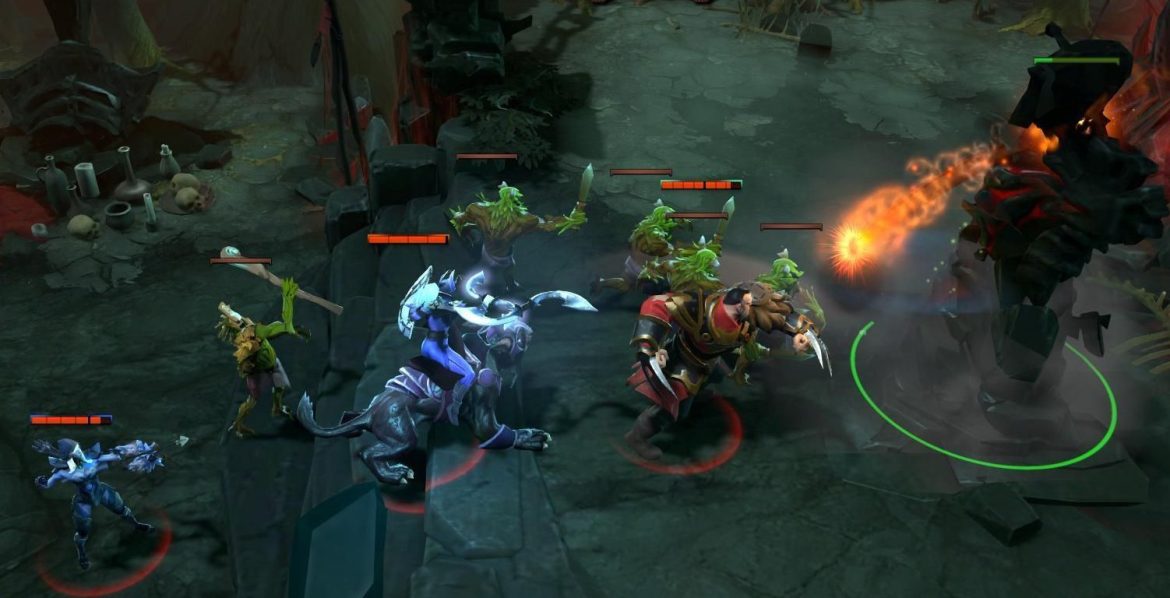Introduction: In the digital era of competitive gaming, MMR boosting has emerged as a contentious issue, disrupting the fairness, integrity, and competitive spirit that underpin online gaming ecosystems. By examining the practices and repercussions of Dota 2 mmr boost and other popular online games, this case study seeks to shed light on the similarities, differences, and implications of unethical gameplay manipulation.
Methodology:
Data Collection: The study relied on a thorough review of literature, player testimonials, developer responses, and industry analyses to gather insights into MMR boosting practices across Dota 2 and other online gaming platforms.
Comparative Analysis: A systematic comparison was conducted to evaluate the impact of MMR boosting on matchmaking algorithms, player experiences, community dynamics, ethical considerations, developer interventions, and professional esports implications in Dota 2 relative to other competitive online games.
Findings and Analysis:
- MMR Boosting Dynamics:
Dota 2: MMR boosting in Dota 2 involves artificially inflating a player’s ranking to gain an unfair advantage in matchmaking, leading to distorted games and negative player experiences.
Other Online Games: Similar MMR boosting practices exist in games like League of Legends, Overwatch, and Counter-Strike: Global Offensive, disrupting competitive balance and fair play.
- Impact on Matchmaking Systems:
Dota 2: Boosting in Dota 2 can skew matchmaking algorithms, resulting in imbalanced matches, frustration among players, and compromised game quality.

Other Online Games: MMR boosting across different games has comparable effects on matchmaking systems, leading to unfair advantages and diminished player satisfaction.
- Community Perception and Ethical Considerations:
Dota 2: Within the Dota 2 community, MMR boosting is often condemned for violating ethical standards, eroding trust, and damaging the integrity of competitive play.
Other Online Games: MMR boosting practices face similar backlash in other gaming communities, highlighting broader concerns about cheating, dishonesty, and fair competition.
- Developer Responses and Countermeasures:
Dota 2: Valve, the developer of Dota 2, has taken steps to combat MMR boosting through stricter penalties, improved detection systems, and community awareness initiatives.
Other Online Games: Developers of various online games have implemented bans, anti-cheat mechanisms, and enhanced matchmaking algorithms to deter players from engaging in boosting activities.
- Professional Scene Ramifications:
Dota 2: In the professional Dota 2 scene, MMR boosting can tarnish players’ reputations, challenge the legitimacy of rankings, and provoke sanctions in official tournaments.
Other Online Games: MMR boosting scandals in other competitive titles have had reverberating effects on professional players, teams, and esports organizations, emphasizing the broader impact of unethical practices on the industry.
Bottom Line
By conducting a comprehensive comparative analysis of Dota 2 MMR boost practices and other competitive online games, this case study underscores the universal challenges, ethical dilemmas, and regulatory responses that permeate the online gaming landscape. Addressing MMR boosting demands collaborative efforts from players, developers, and esports stakeholders to uphold fairness, integrity, and sportsmanship, thereby safeguarding the competitive authenticity and community ethos of online gaming environments.




